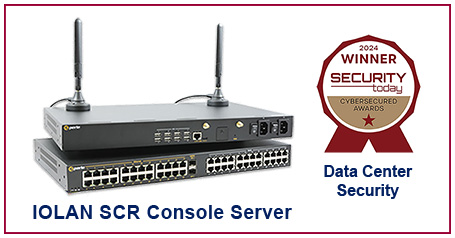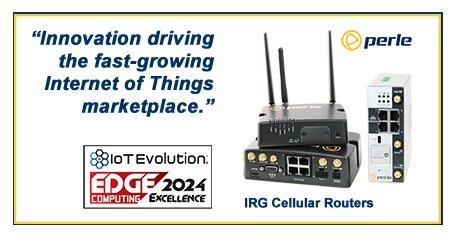
4 trends changing the future of the smart grid
By Donna DonnowitzMay 13, 2014
Storing the sun
Slow adoption of solar energy has been blamed, in part, on inadequate storage solutions, keeping wide-scale solar from taking a larger chunk of the fossil fuel-driven energy industry. However, new, advanced storage technologies are starting to reverse this trend and provide faster responding battery infrastructure that supports the flexibility, reliability and resiliency of solar grids.
Mobile control of the smart grid
On the other end of the smart grid spectrum, a new mobile app is allowing customers to optimize their environment systems, controlling air conditioning usage in a more efficient manner. Remote control of AC units will reduce strain on power infrastructure during the summer, ensuring reduced bills and improved demand response over time.
Larger solar focus
The largest solar array yet has been started, funded by the U.S. Department of Defense, destined to power Fort Huachuca in Arizona, according to the news source. While the military base will be a very localized grid for solar, when finished this array will demonstrate advanced potential for solar investments, inspiring many to follow suit for larger deployments on a commercial scale.
Optimizing smart grid investments over time takes patience and careful planning. For utilities, deploying the appropriate serial to Ethernet converters, terminal servers and related hardware to boost communication and data flow across the grid will help support future changes, ensuring the infrastructure is in place for major changes down the road, or minor ones tomorrow.
Perle offers a range of cost effective serial-to-Ethernet converters to help meet NERC-CIP compliance for the protection of critical cyberassets in substations. The IOLAN SDS HV/LDC Terminal Server is designed to meet harsh environments associated with Power Substations with attributes such as support for substation AC and DC voltage ranges, extended operating temperatures and meeting emission, immunity and safety approvals associated with substation IT equipment.



